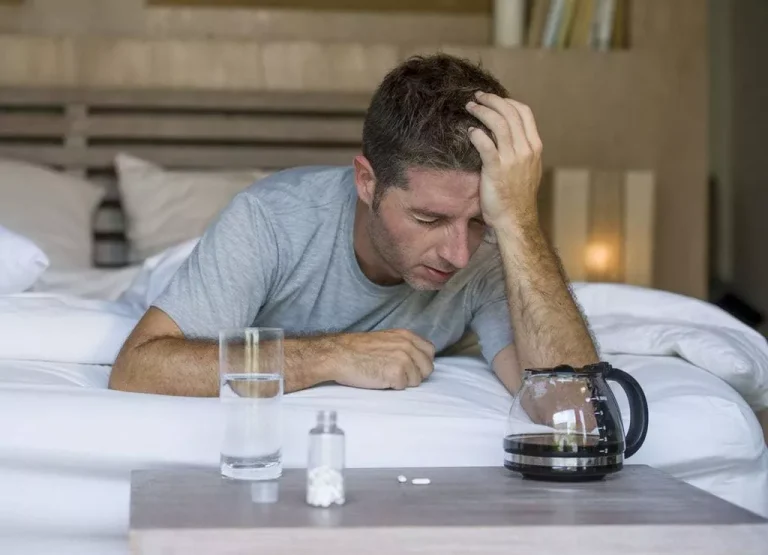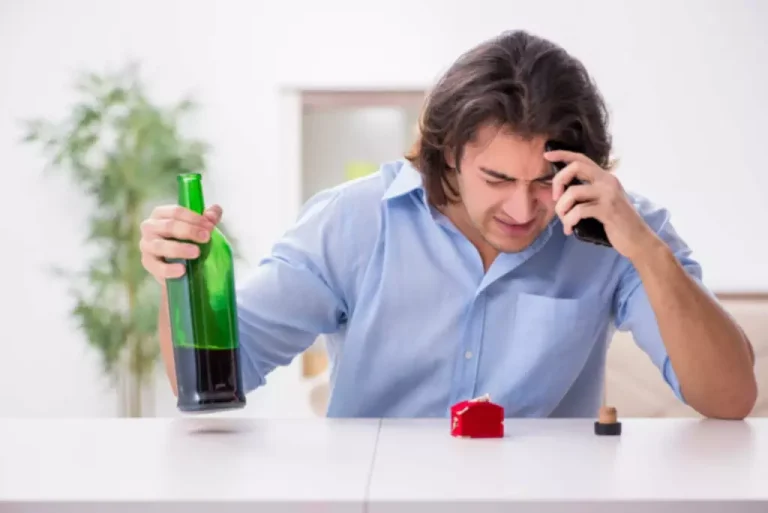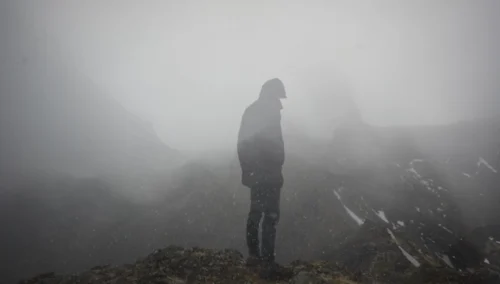
An occasional drink might be okay, but you should talk with your doctor about drinking alcohol if you’re undergoing treatment for kidney cancer. Cutting back on alcohol is a no-brainer when it comes to restoring your does alcohol affect your kidneys general health. Here are some tips for moderate drinking so you can reduce your alcohol intake or eliminate it altogether. Have you ever noticed the area around your kidneys feeling sore after a bout of drinking?
- You may wish to swap out hard liquor for beer or wine, since these have a lower alcohol content.
- Some cases can be treated at home, while others require nothing more than the discontinuation of the offending drug.
- Japanese (Yamagata et al. 2007) and Italian (Buja et al. 2011) cohort studies revealed a U-shaped association between alcohol consumption and incidence of proteinuria.
- For kidney pain, you may start with a visit to your primary care doctor or a nephrologist—a doctor who diagnoses and treats kidney diseases.
Health Alerts from Harvard Medical School
- If the kidneys are unable to do this and the condition is untreated, serious health problems result, with eventual loss of life.
- Back pain may worsen with movement or if you sit or stand for a long time.
- See a doctor or therapist if you feel you’re dependent on alcohol or if it’s interfering with your life in some way.
- The pain is typically located in the middle to lower abdomen and around the belly button, and can range from mild to severe.
- When you drink alcohol, you tend to urinate frequently, which leads to dehydration.
While it is more common to feel kidney pain on only one side, some health problems may affect both kidneys and cause pain on both sides of your back. It is important for people with symptoms of kidney stones or a kidney infection to see a doctor. Drinking plenty of water can dilute the concentration of urine, which, in turn, helps relieve kidney pain. While electrolyte-rich sports drinks can be useful for milder cases of dehydration, they often contain excessive amounts of sugar that can irritate the kidneys. There are many medications that are nephrotoxic, meaning toxic to the kidneys. Most do not cause harm when used as directed for a limited time.
Can I still have an occasional drink if I have kidney cancer?
Or it can cause clots that block the flow of blood to the kidneys. Lung damage from COVID-19 can reduce the oxygen these organs need to work. If they’re diseased or damaged in some way, they can’t do their work to maintain a healthy balance of salts, minerals like calcium, and water in your blood.
How well do you score on brain health?
Make an appointment with your doctor if you have signs or symptoms of kidney disease. Early detection might help prevent kidney disease from progressing to kidney failure. Signs and symptoms of kidney disease are often nonspecific. Because your kidneys are able to make up for lost function, you might not develop signs and symptoms until irreversible damage has occurred.
- If you have pain in the area of your right kidney, it could be caused by a relatively common kidney problem, such as a urinary tract infection or kidney stone.
- According to a 2022 review, symptoms do not usually manifest until stage 4 or 5 of the disease.
- Kidney pain is often felt in your flank, the area on either side of your spine between the bottom of your rib cage and your hips.

Another theory suggests that both enzymes may undergo the process of uncoupling due to oxidation or lack of critical coenzymes (e.g., tetrahydrobiopterin). Uncoupling eventually leads to generation of damaging ROS like superoxide anion, instead of the vasorelaxant nitric oxide that maintains normal blood flow in the kidney. More than two drinks a day can increase your chance of having high blood pressure. Drinking alcohol can affect many parts of your body, including your kidneys.



- Alcohol is a diuretic, which is why you get so thirsty and dehydrated after a night of drinking.
- This area is made up of the back of your abdomen, both sides of your spine, and under your rib cage.
- A person may feel intense back pain or pain in their genitals or stomach as the body attempts to pass the stone.
- Make it a habit to replenish lost fluids and electrolytes.
- If you don’t usually have back pain and are experiencing new pain on your side or upper back without any known injury, a kidney problem, such as a kidney stone, may be causing it.
- Some sources state that excessive drinking may cause acute kidney injury, and there may be a link between regular heavy drinking and chronic kidney disease.
- There are no specific studies suggesting that certain types of alcohol are worse on the kidneys than others.
